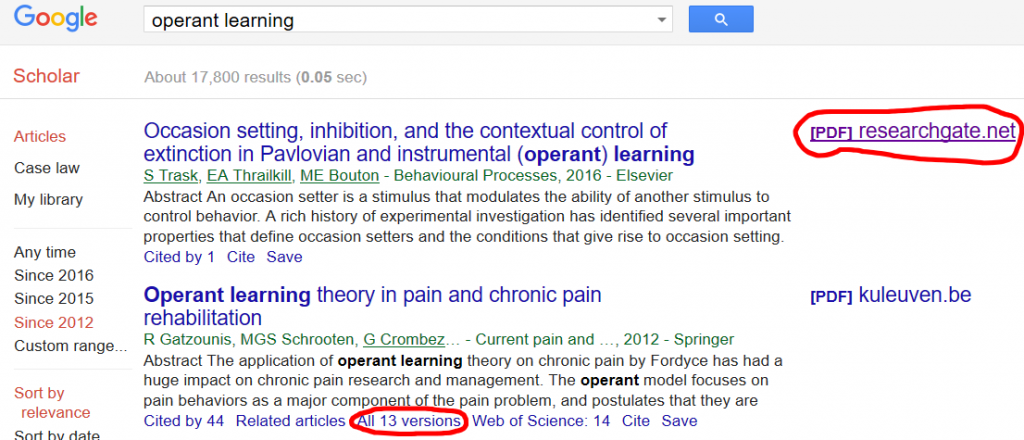
New goodies out today in PeerJ: Tschopp and Mateus (2017) on the new diplodocid Galeamopus pabsti, and Mannion et al. (2017) redescribe and name the French ‘Bothriospondylus’ as Vouivria damparisensis. Both papers are packed with interesting stuff that I simply don’t have time to discuss right now.



